Is Kratom Legal in South Dakota?
Contents
Kratom legality in South Dakota: What you need to know
Is kratom legal in my state? The government doesn't control this substance at a federal level, so each region is free to create its own laws. Whether you live in East or West River, kratom is legal in South Dakota for those older than 21.
In 2020, the state proposed a bill to classify kratom alkaloids as Schedule I drugs. These substances are believed to have no medical use and include MDMA, heroin, and peyote.
Kratom can be used for discomfort relief, drug dependence, and other medicinal applications. Due to these therapeutic benefits, the ruling went against the bill, and the herbal substance remained legal.
Although the proposed legislation died in committee, the person who sponsored it, Representative Carl Perry, persevered. The following year in March of 2021, HB 1262 was passed.
Governor Kristi Noem signed the new legislation and officially made kratom legal in South Dakota, but only for people over 21. The change, while negatively impacting those 18–20, is arguably much better than the alternative of an outright ban.

Future predictions for kratom legality in South Dakota
Now we’ve established that kratom is legal in South Dakota, let’s look at what the future holds for Mount Rushmore State.
The Food and Drug Administration (FDA) is trying to pressure the Drug Enforcement Administration (DEA) into outlawing this plant-based substance. The herb is loved by millions of Americans and has a long history of use in Asia, so we wouldn’t want to see it banned.
Kratom benefits thousands of people across the USA and provides much-needed alternative treatments for discomfort and addiction. As more research is done, we hope all states will come to the same conclusion. Many people can use kratom supplements to help with various problems.
The Kratom Consumer Protection Act (KCPA) is designed with the end user in mind. Its goal is to establish clear standards for safe sales. Vendors can’t sell impure products, and they must include the quantity of the active alkaloids on the label.
Is kratom legal in South Dakota if it’s mixed with something else? Thanks to the KCPA, it isn’t. More regulations focused on protecting consumers are a positive move and something we’d like to see more of.

Where to buy kratom in South Dakota
Kratom is legal in South Dakota, but where can you get it? It’s possible to source the herbal extract from head shops, CBD stores, and similar outlets. We always recommend buying from a reputable retailer. Make sure you do your research before making a purchase.
Why not shop online if you don’t want to visit a brick-and-mortar store? Here at Kratom Country, all our items are lab tested, ensuring you get the finest quality. We stock a wide variety of strains in different forms, including capsules and powders.
Our customers love the fresh aroma of their product when it arrives. Who wouldn’t want pure, top-quality herbs delivered right to their door? Join thousands of happy customers and buy quality kratom powder and kratom pills from us online.
Stay up to date with kratom laws in South Dakota
It’s crucial to stay on the right side of the law, especially when substances are involved. Currently, kratom is legal in South Dakota, but regulations can change quickly, so stay informed of any new developments.
Visit Kratom Country for the latest news on this plant and browse our range of strains to find the perfect product.
About the Author

Chloe Collins is a skilled kratom maker passionate about crafting high-quality kratom products at Kratom Country. She has been working in the kratom industry for over a decade, mastering the art of creating unique blends and formulations that cater to the specific needs of her clients.
Chloe is known for her dedication to using only the best quality ingredients in her kratom products, ensuring that her customers receive the full benefits of this traditional herb.
She is committed to educating people about the kratom benefits and its responsible use and is always willing to share her knowledge and expertise with others.
She often writes educational articles about Kratom’s effects and its benefits for health.









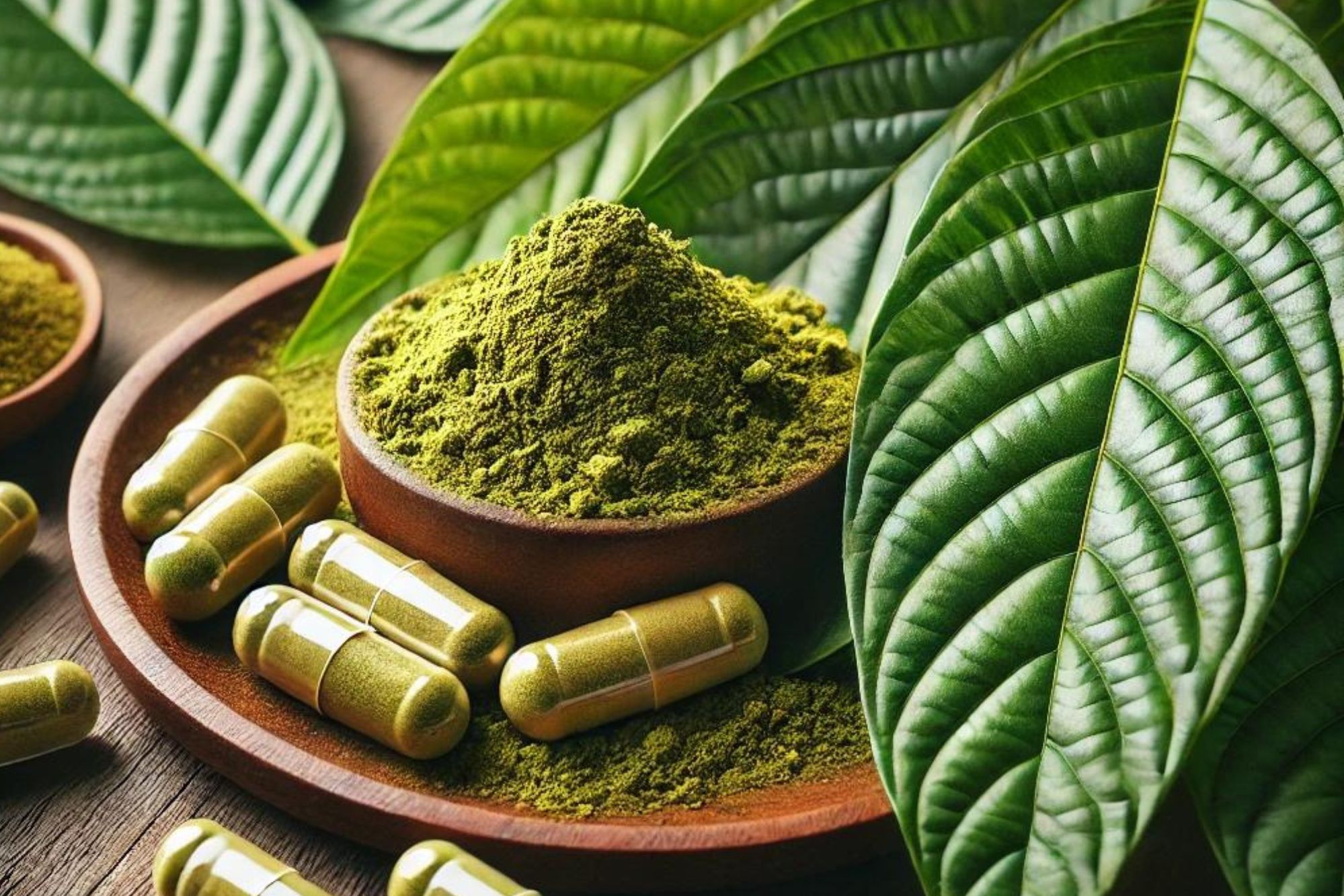
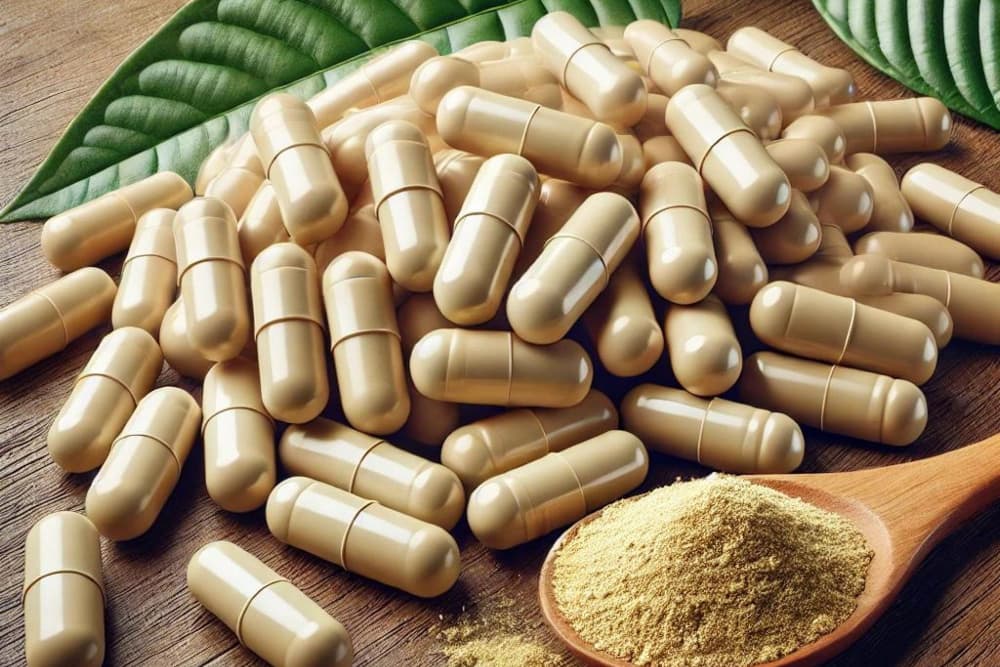
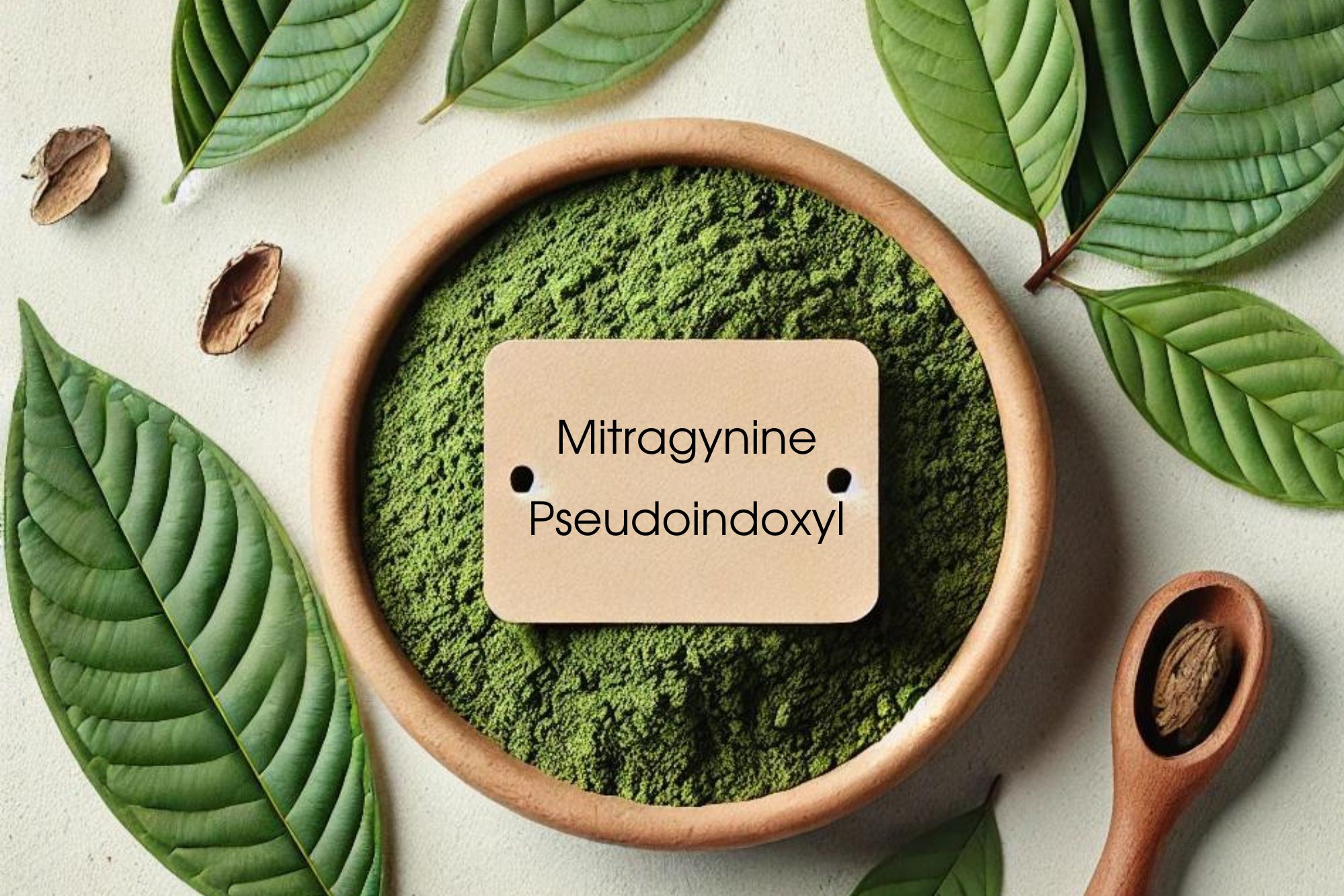
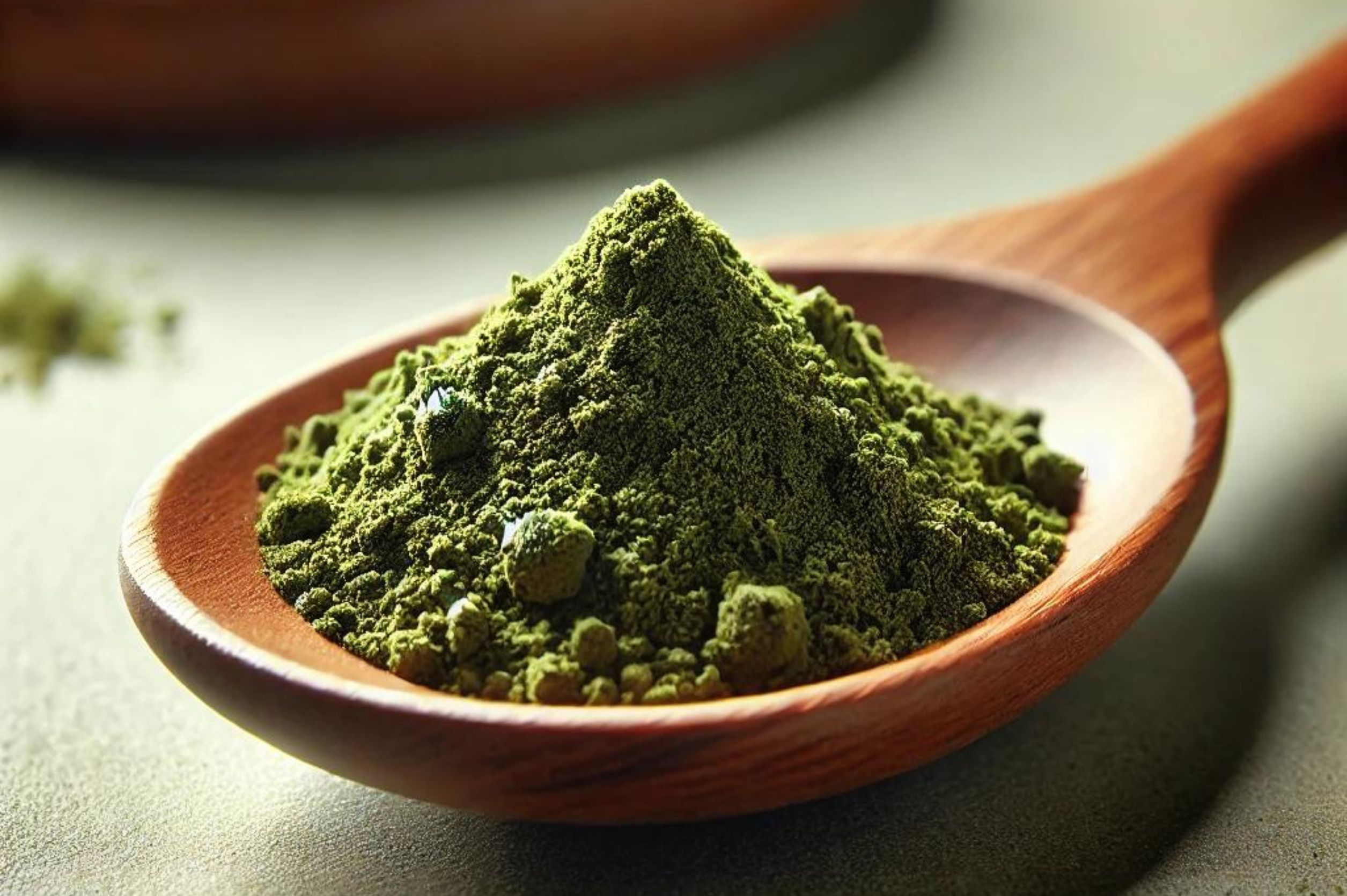
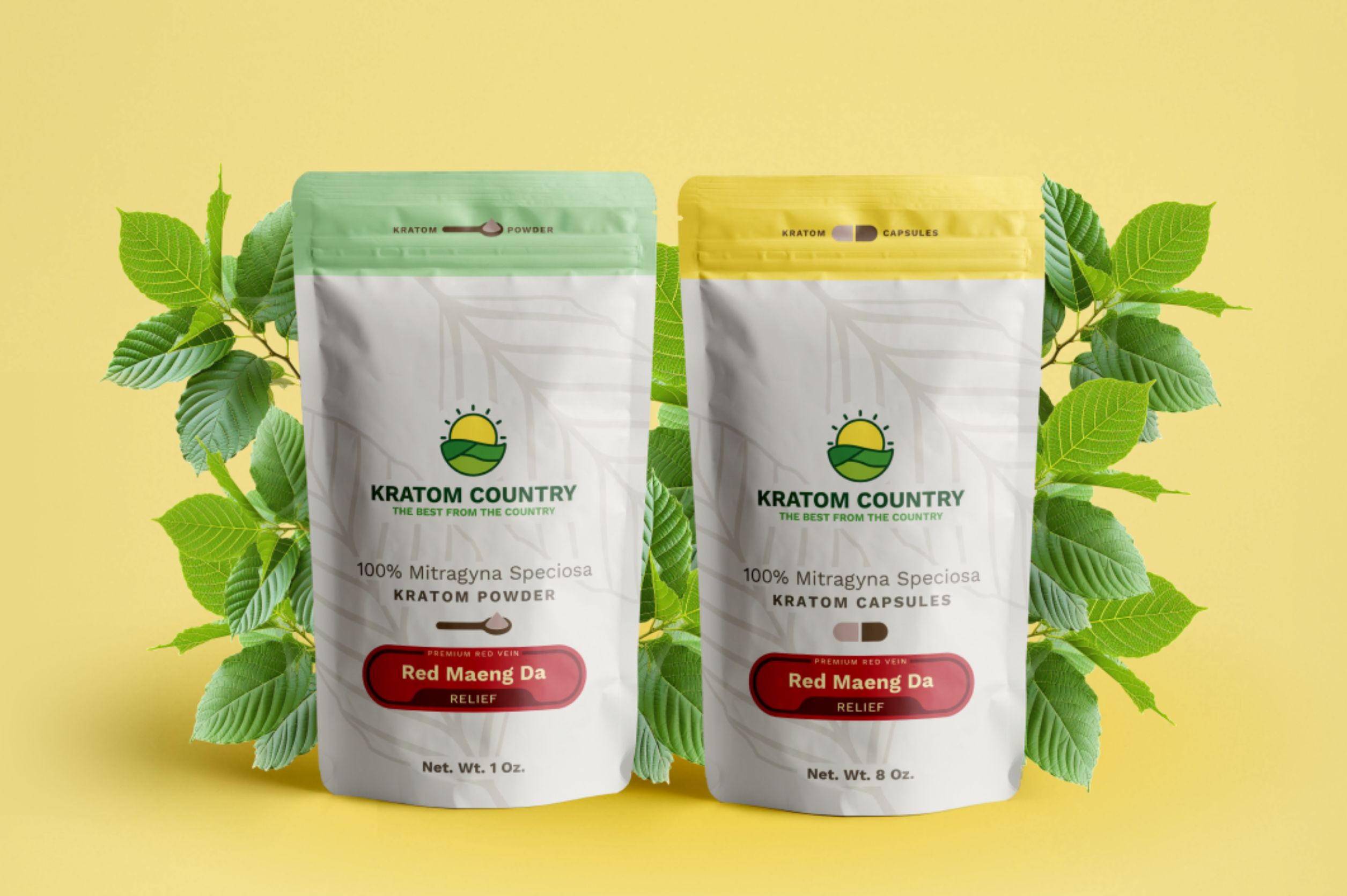
Comments